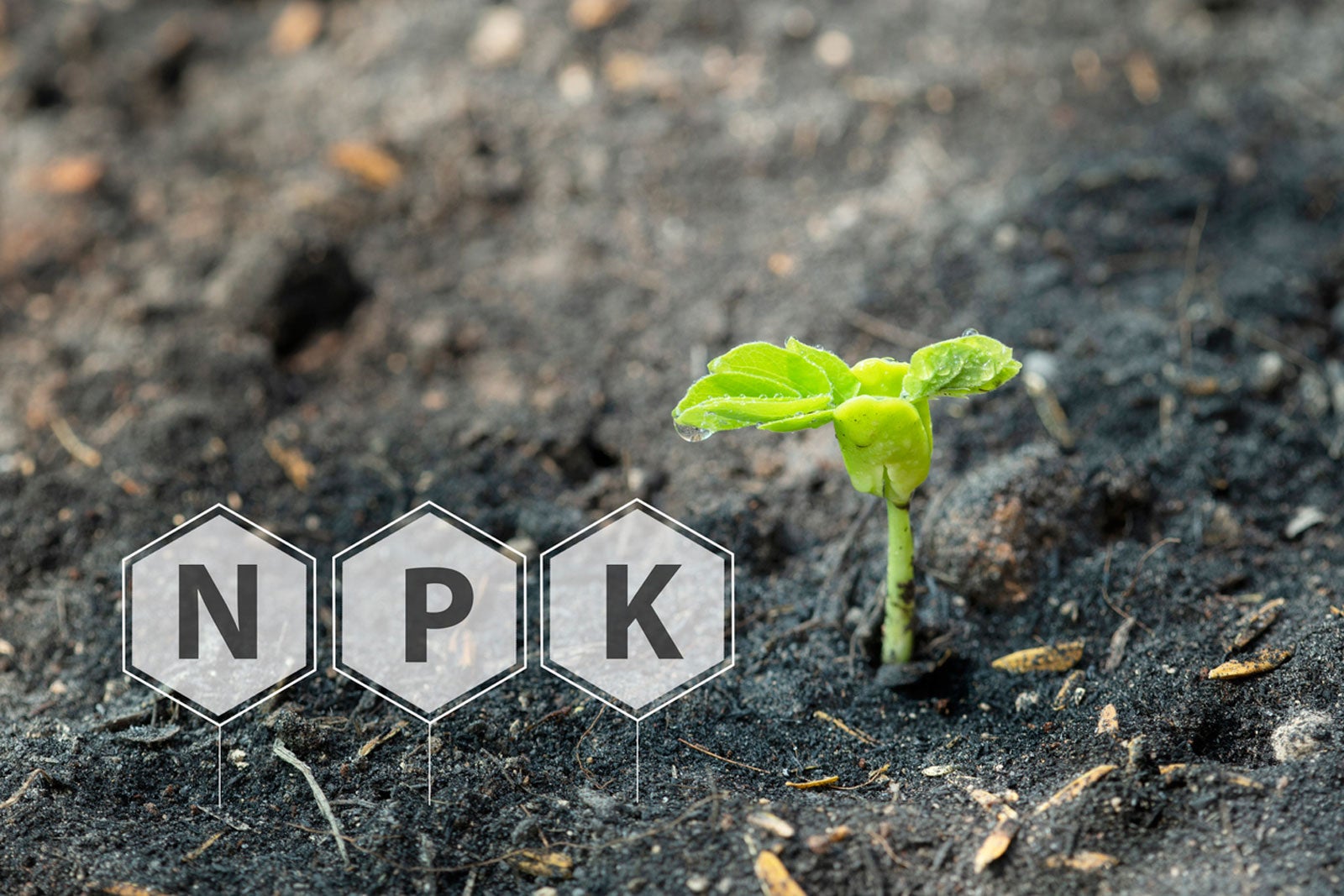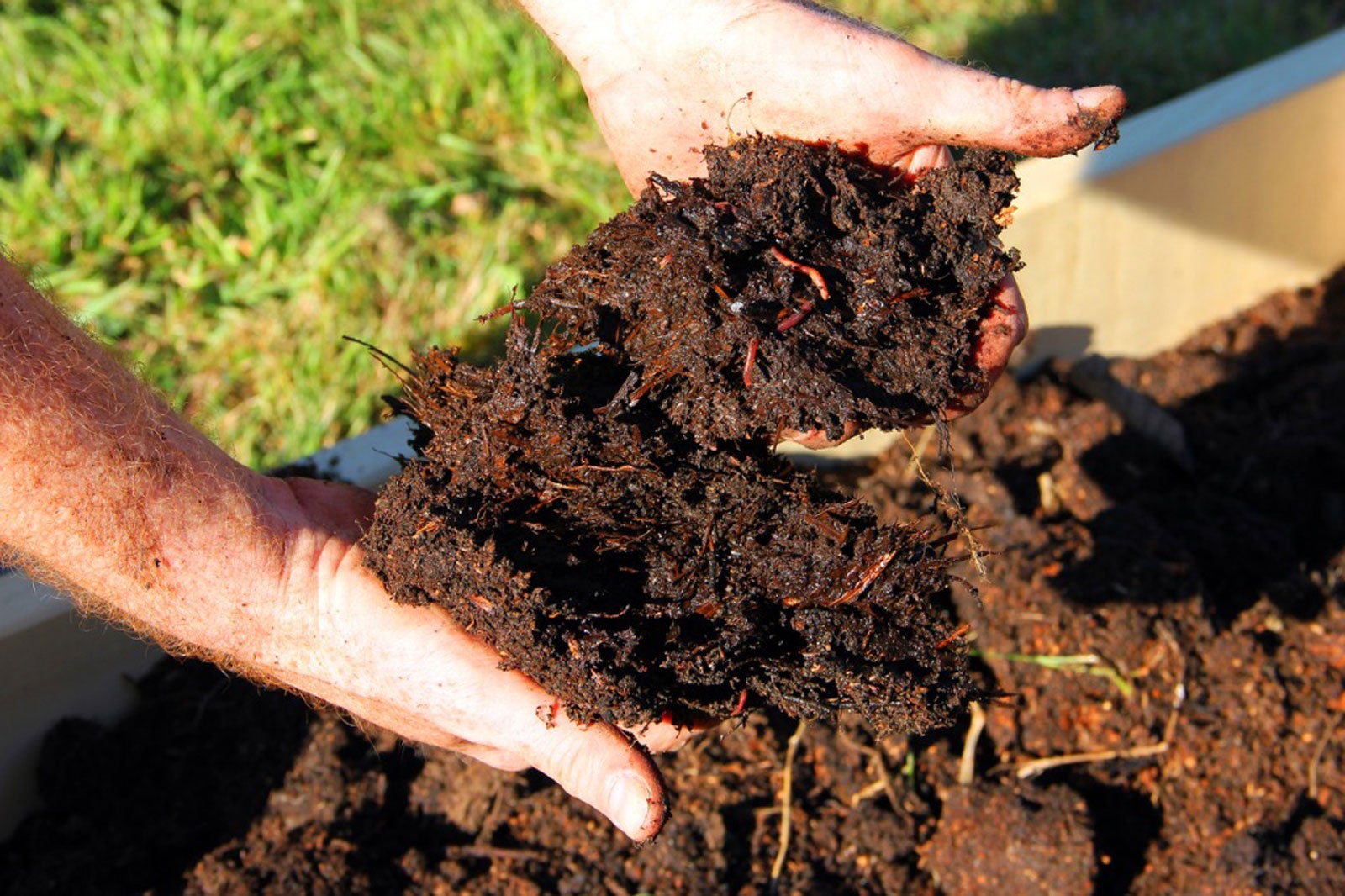Soil, Fixes & Fertilizers
Knowing how soil affects plant growth is important to growing a successful garden. Healthy soil means healthy plants. That said, it helps to learn about the different types of soil textures and how each can affect the garden. In addition, knowing about the various types of fertilizers for soil enhancement can help you learn how to improve soil health for growing healthy, happy plants. In the pages that follow, you will find numerous types of fertilizers to improve soil health and everything you need to know about the different types of soil.
-
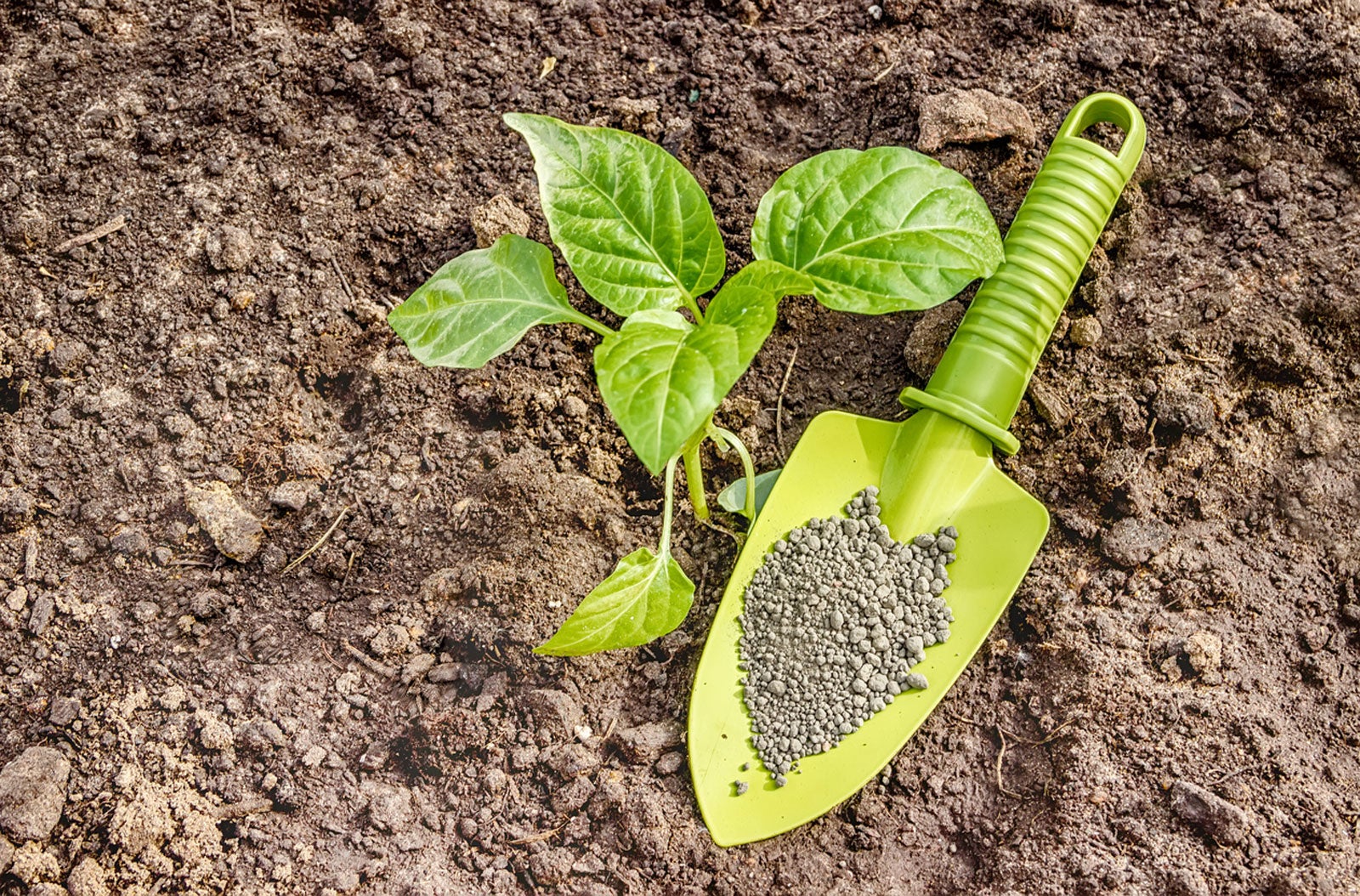
Potassium Rich Soil: Tips For Lowering Potassium Levels
Potassium is a critical nutrient that plants absorb from the soil, and from fertilizer. A little extra potassium generally isn’t cause for worry, but potassium-rich soil can be a problem. Click this article to learn how to reduce potassium in soil.
By Mary H. Dyer
-

Cat Or Dog Poop In Soil – Sanitizing Garden Soil After Pets Have Been There
Given that pets have a natural disregard for the sanctity of your tomatoes, how do you go about sanitizing garden soil? If there are pet feces in the garden, is disinfecting contaminated soil even necessary? Click this article for more information.
By Amy Grant
-
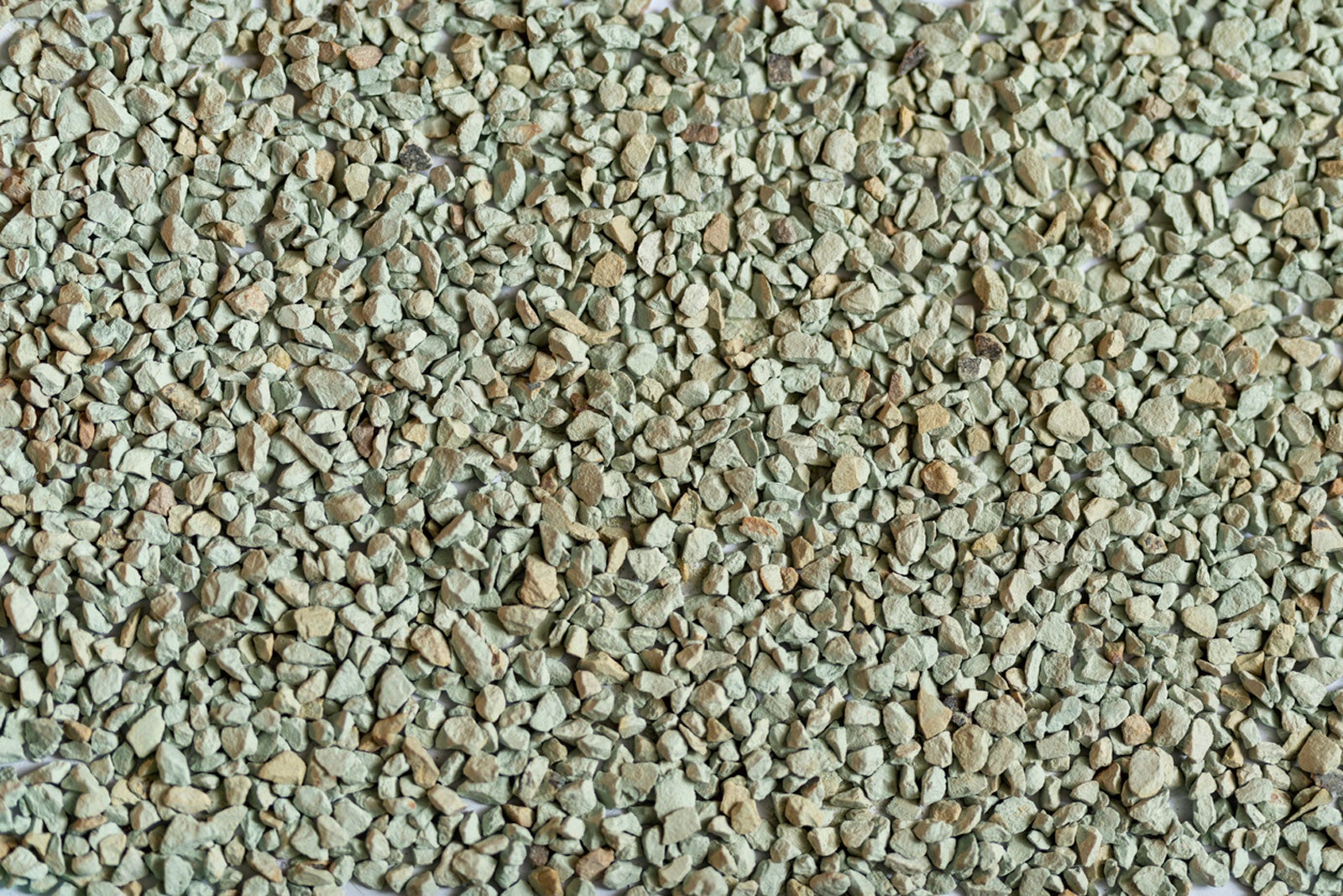
What Is Zeolite: How To Add Zeolite To Your Soil
If your garden soil is compacted and dense, thus incapable of absorbing and retaining water and nutrients, you might try adding zeolite as a soil amendment. Interested in learning about zeolite soil conditioning? Click here for tips on adding zeolite to soil.
By Amy Grant
-
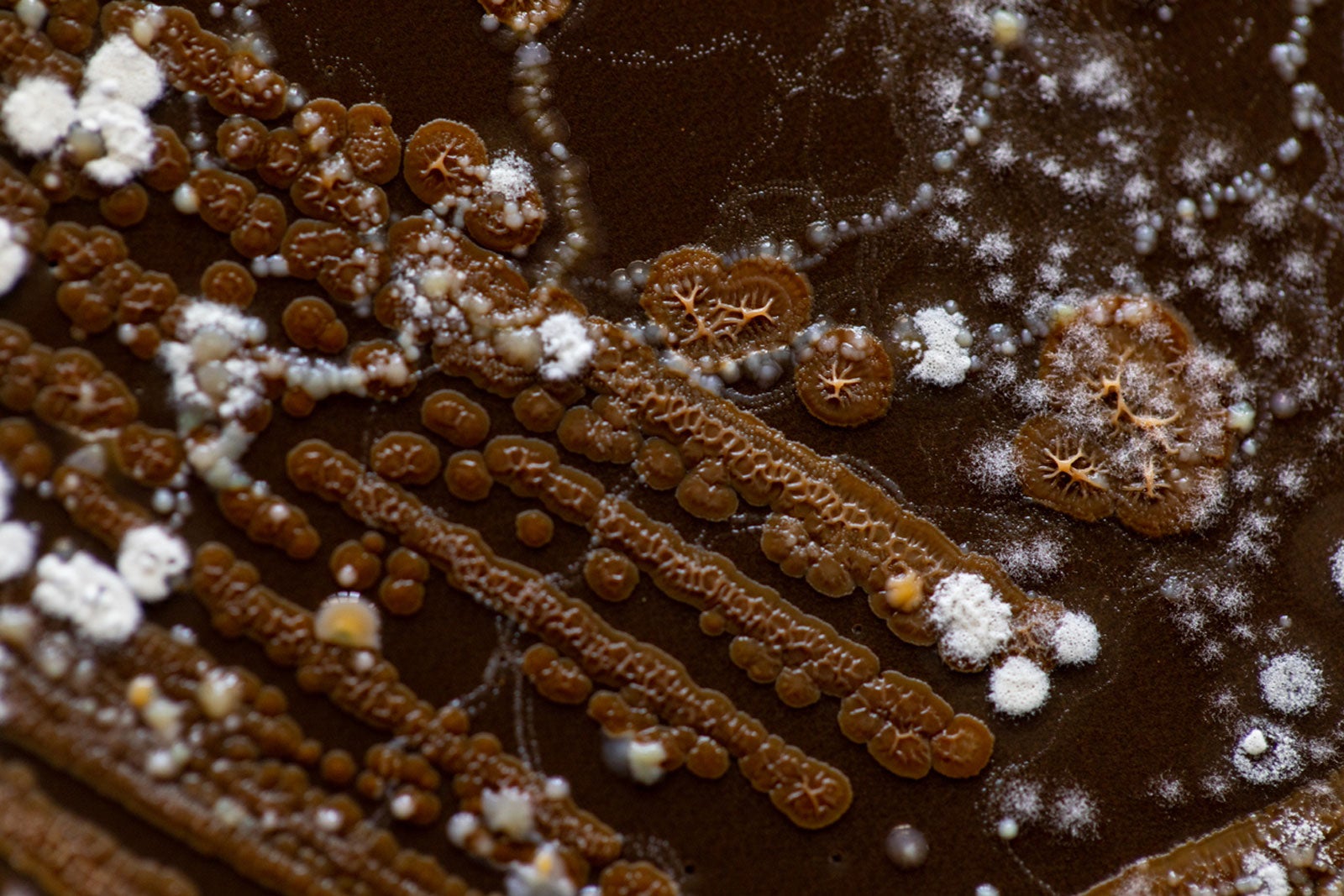
Soil Microbes And Climate: Learn About Soil Microbe Adaptation
Soil microbes are an important part of the soil system and are present and varied in all soils everywhere. These may be unique to the area where they are found and adapt to changing conditions there. But do soil microbes adapt to different regions? Find out here.
By Becca Badgett
-
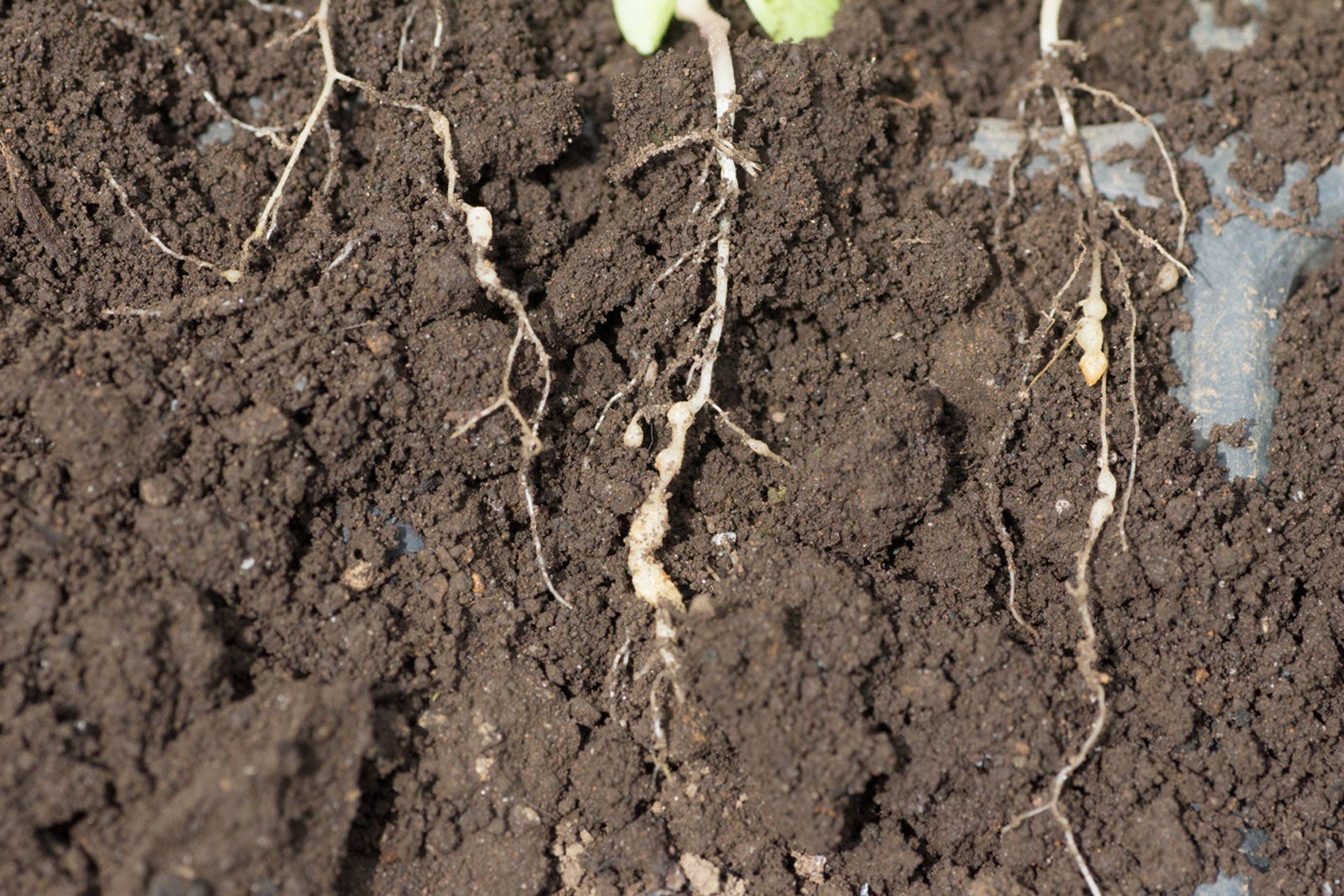
Soil Borne Disease Control: Organisms In The Soil That Can Harm Plants
For many home gardeners, nothing is more frustrating than crop loss due to unknown causes. Gaining a better understanding of soil borne organisms and pathogens can help growers develop a thorough grasp of soil and garden health. This article will help.
By Tonya Barnett
-
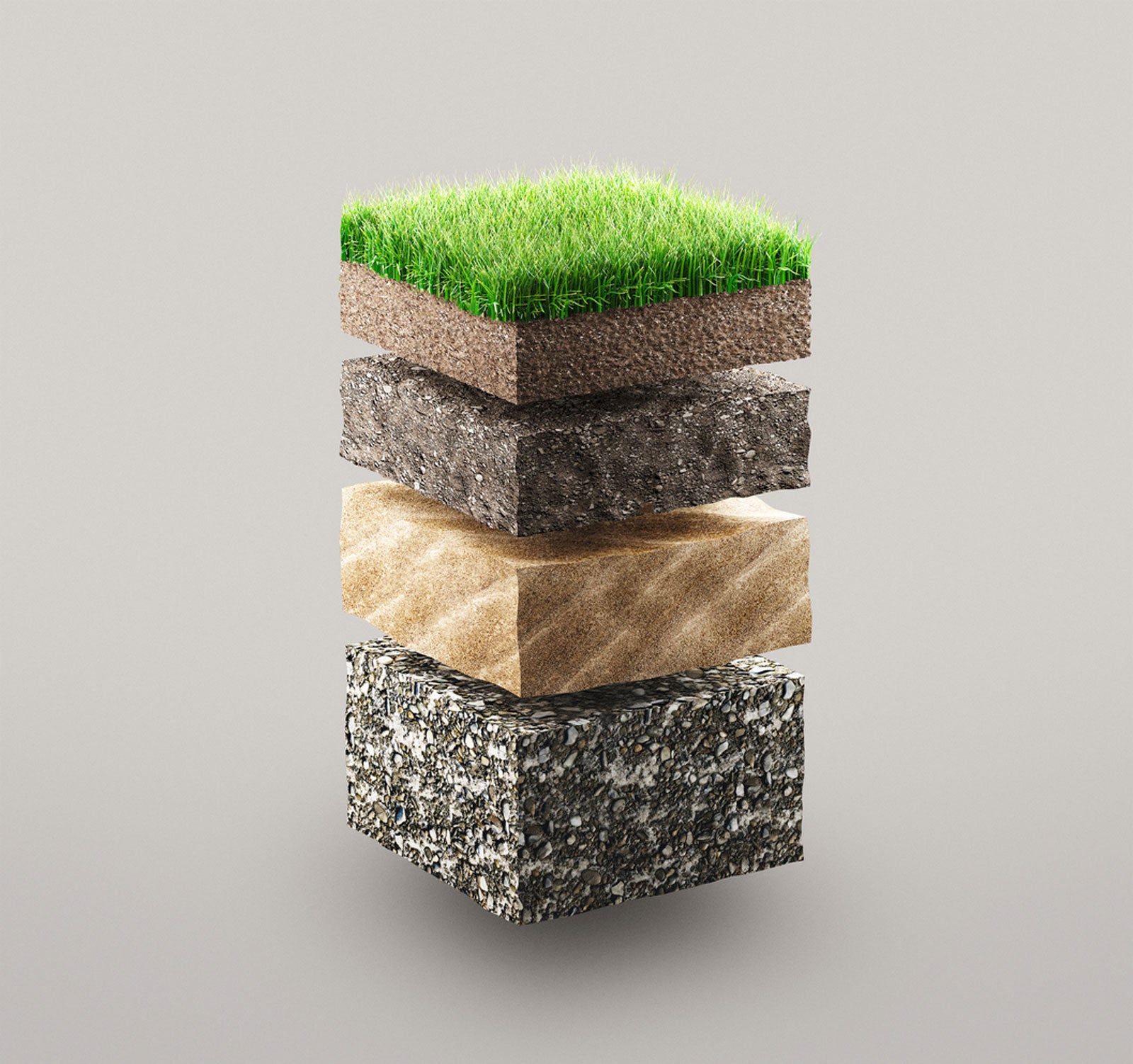
Soil And Microclimate – Learn About Different Soils In Microclimates
To the gardener, the most important thing about microclimate soils is their ability to provide areas where different plants will grow – plants that might not grow in your primary landscape because of a lack of sun or moisture. Learn more about this here.
By Becca Badgett
-
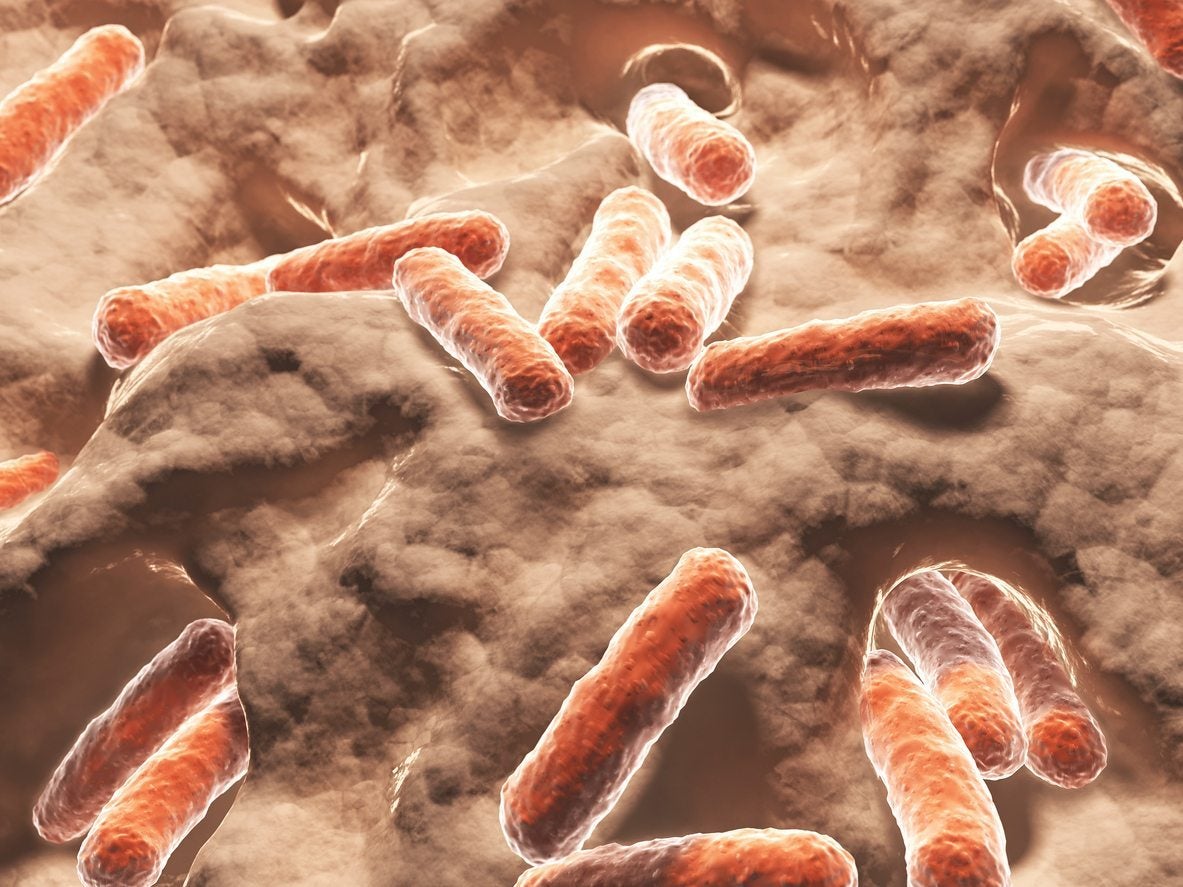
What Are Microbes: The Benefits Of Microbes In Soil
Microbes in the soil and associated with plant roots provide a multitude of benefits, from improving the nutrient content of our crops to enhancing their resistance against diseases. For more information on how these beneficial microbes work, click here.
By Ilana Goldowitz Jimenez
-
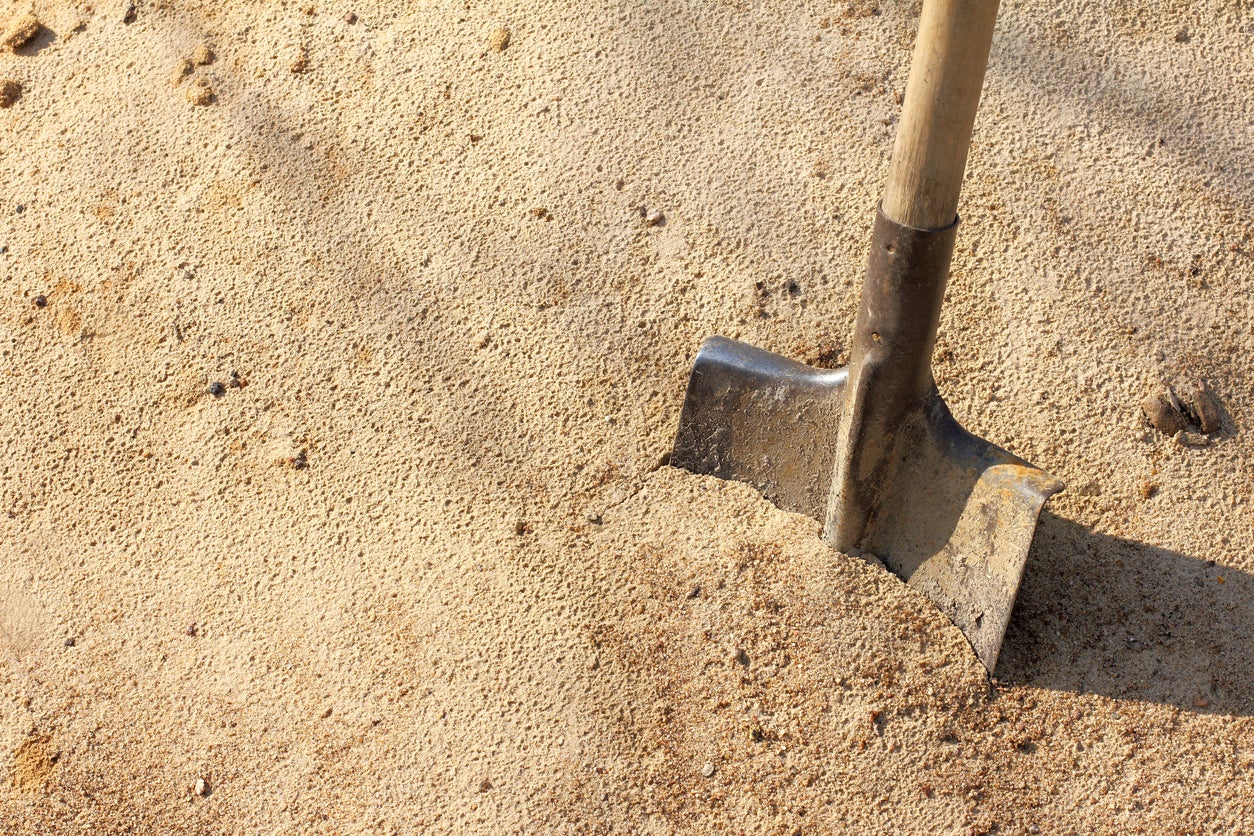
Selecting Plants For Sandy Soil – Learn About Sand Tolerant Plants
Sandy soil can be especially frustrating. Luckily, there are ways to manage sandy soil. And, surprisingly, there are a number of sandy soil plants that can even thrive in these conditions. Learn about these sand tolerant plants in this article.
By Tonya Barnett
-
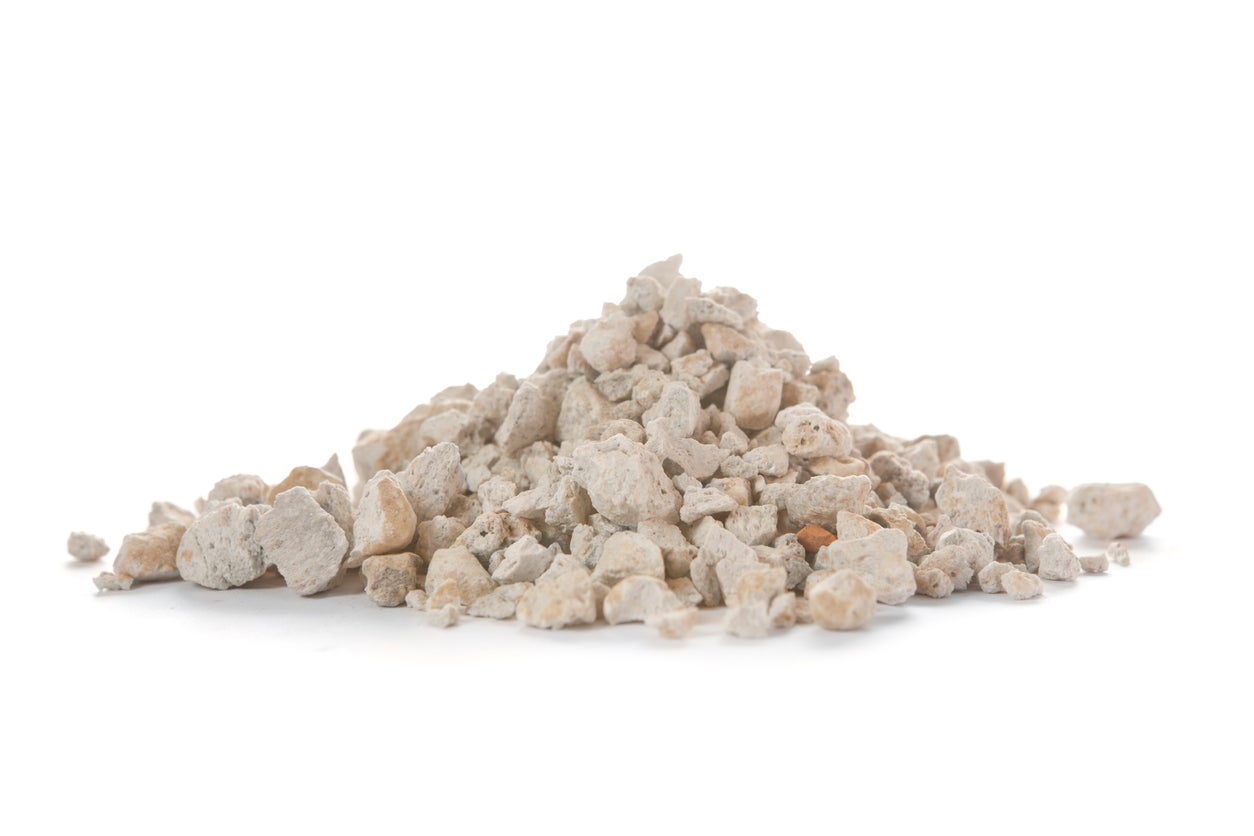
What Is Pumice Used For: Tips On Using Pumice In Soil
Each type of potting soil is specifically formulated with different ingredients. Pumice is one such ingredient used as a soil amendment. What is pumice and what does using pumice in soil do for plants? Click this article to find out about growing plants in pumice.
By Amy Grant
-
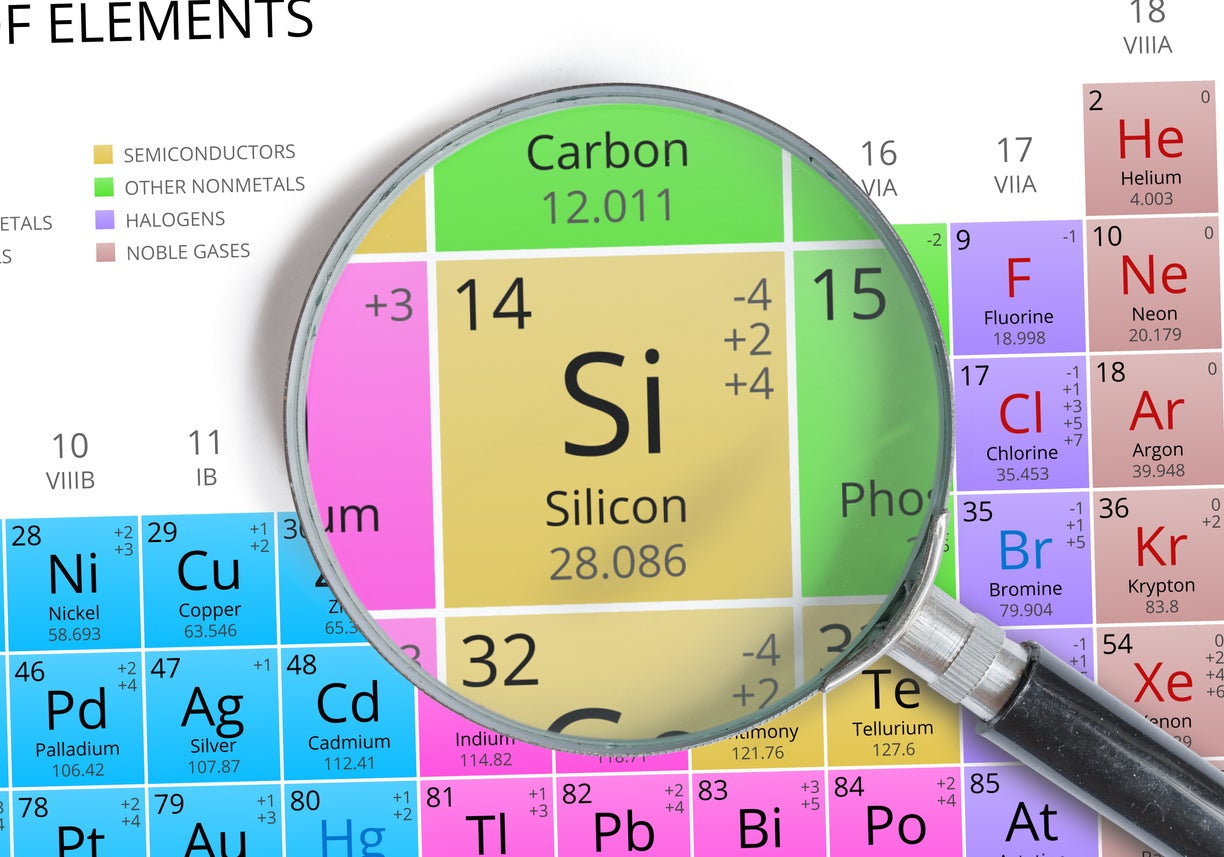
Silicon And Gardening: Do Plants Need Silicon In The Garden
Most everyone knows of nitrogen, phosphorous, and potassium, but there are other nutrients, such as silicon, that while not perhaps as necessary, play a vital role in growth and health. What is the function of silicon and do plants really need silicon? Find out here.
By Amy Grant
-
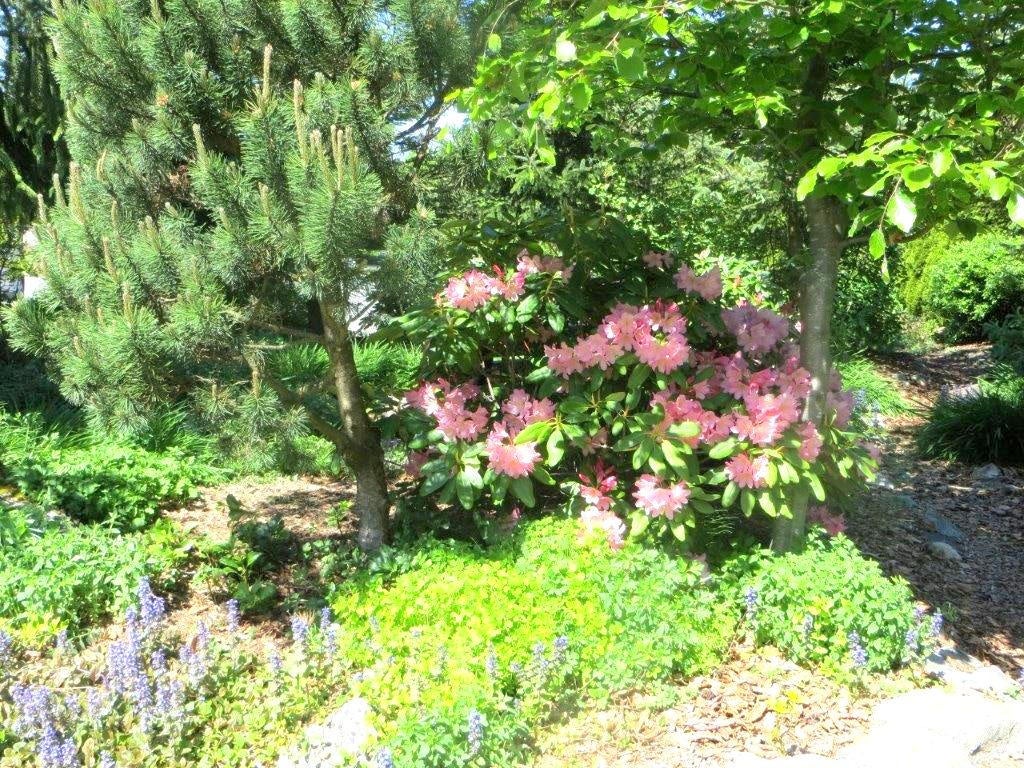
Settling Berm Soil Issues – How To Alleviate Berm Soil Level Falling
If your berm is getting smaller to an alarming degree, it is probably built incorrectly or is experiencing a drainage problem. This is challenging to remedy unless you completely rebuild. Some possible solutions found in this article may help you correct settling berm soil.
By Bonnie L. Grant
-
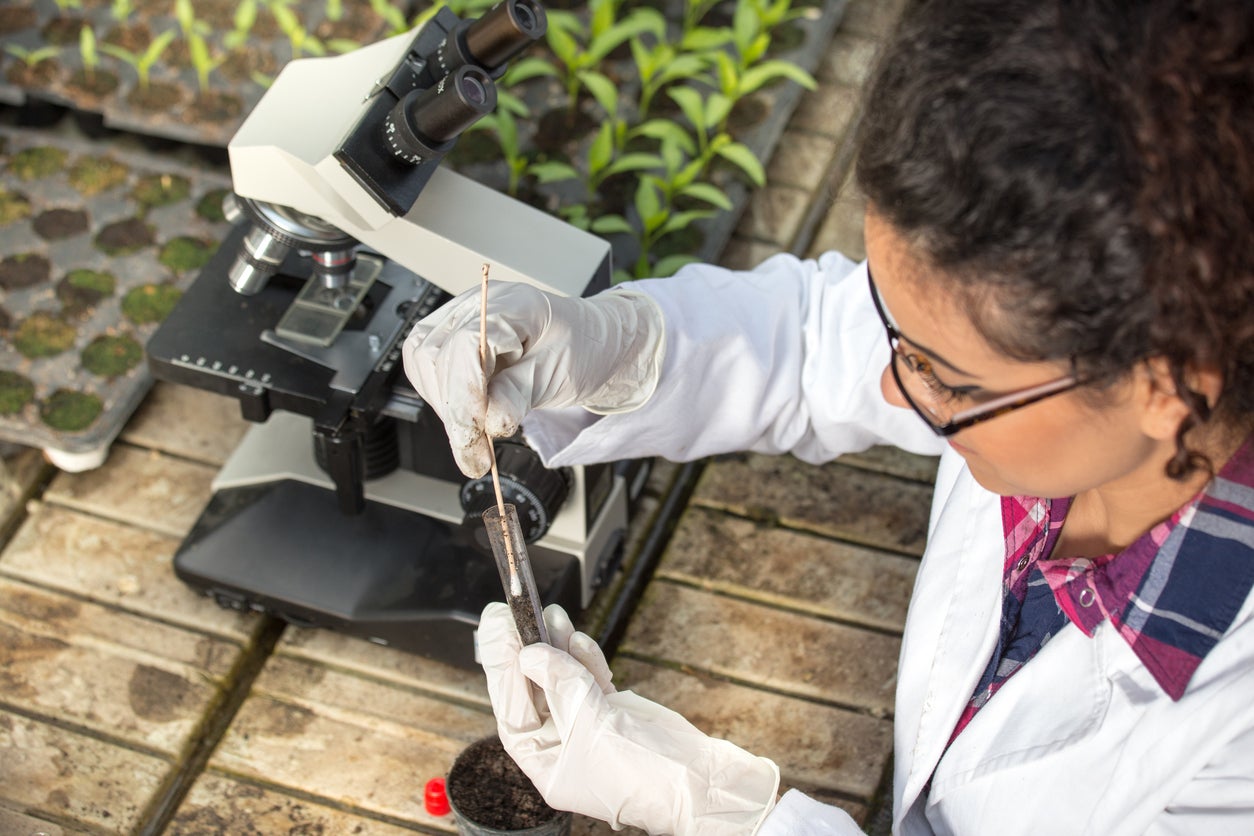
Checking Garden Soil: Can You Test Soil For Pests And Diseases
When caught early enough, many common garden diseases or pests can be controlled. In some cases, however, catching specific diseases is necessary before the plants are put in the ground. Testing soil for pests and diseases can help. Click here to learn more.
By Darcy Larum
-
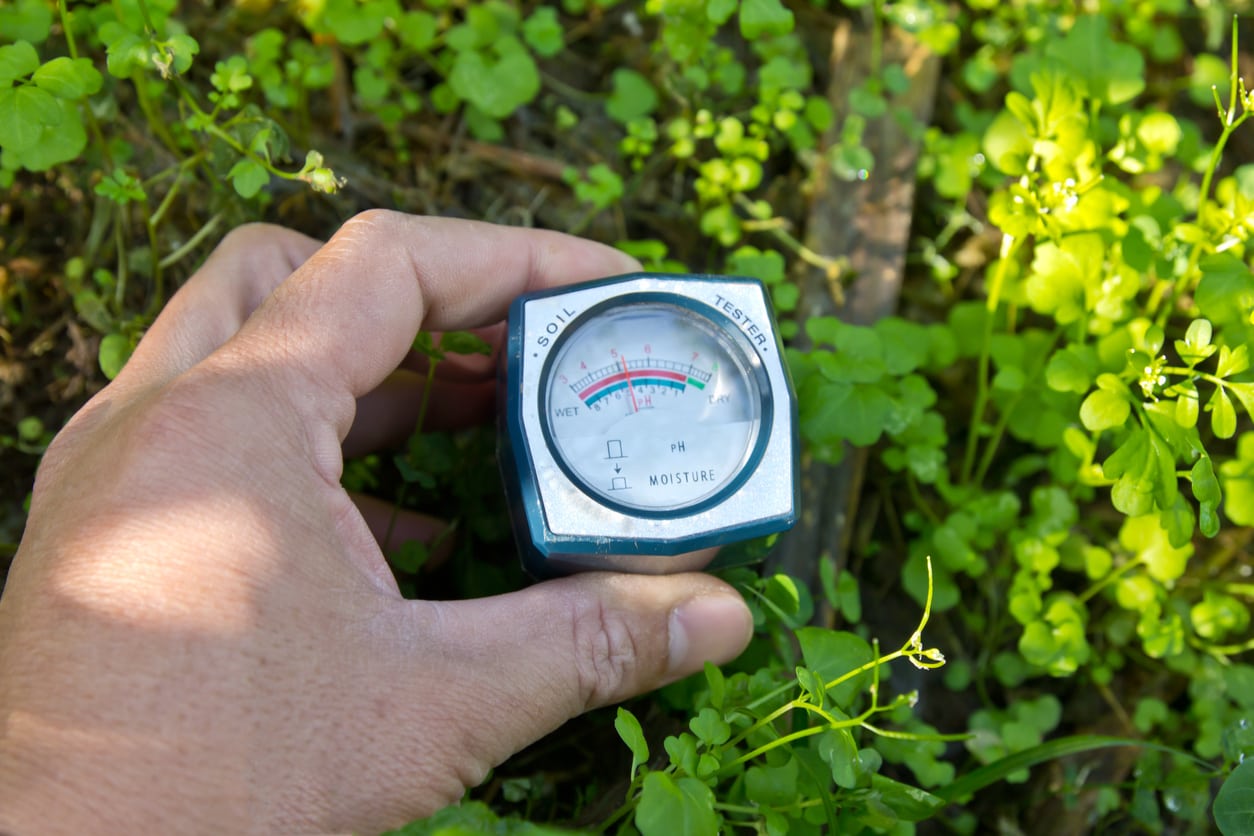
How Wet Is My Garden Soil: Methods For Measuring Soil Moisture In Gardens
Soil moisture is an important thing to consider for gardeners and commercial farmers alike. But how can you judge how much water your plants’ roots are getting? Click this article to learn how to check soil moisture and about tools for measuring soil moisture content.
By Liz Baessler
-
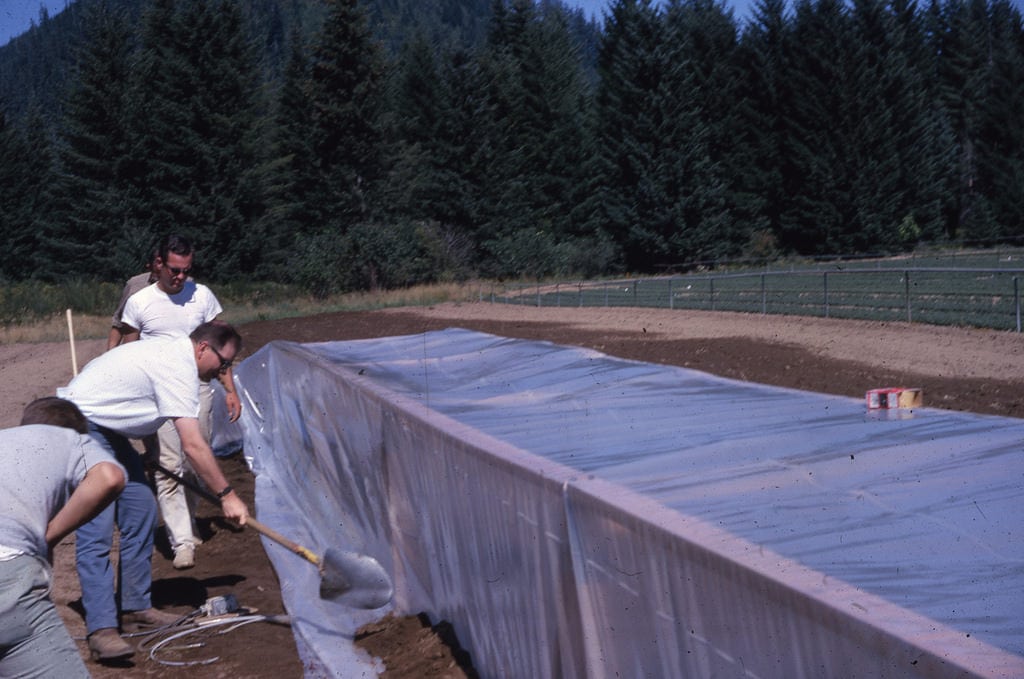
Soil Fumigating Guide – When Should You Fumigate Soil
Soil fumigation is the process of putting pesticides on the soil. Fumigating soil has advantages but also significant disadvantages. Should you fumigate soil? For more information on soil fumigating, plus tips on how to fumigate soil, this article should help.
By Teo Spengler
-
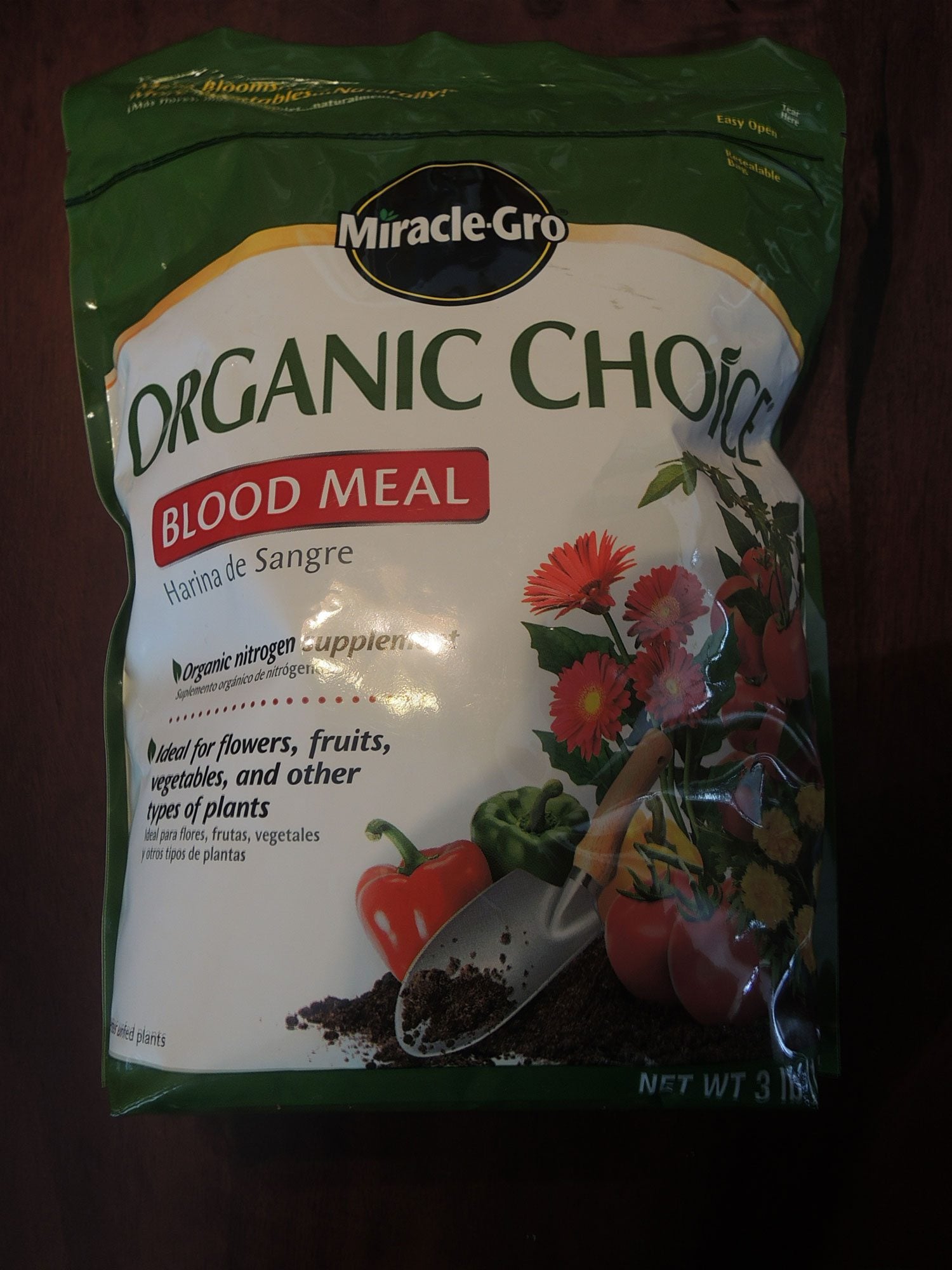
Using Blood Meal To Improve Your Garden Soil
If you are looking to incorporate more organic gardening methods into your garden, you may have come across a fertilizer called blood meal. What is blood meal and what is it used for? Learn more here.
By Heather Rhoades
-
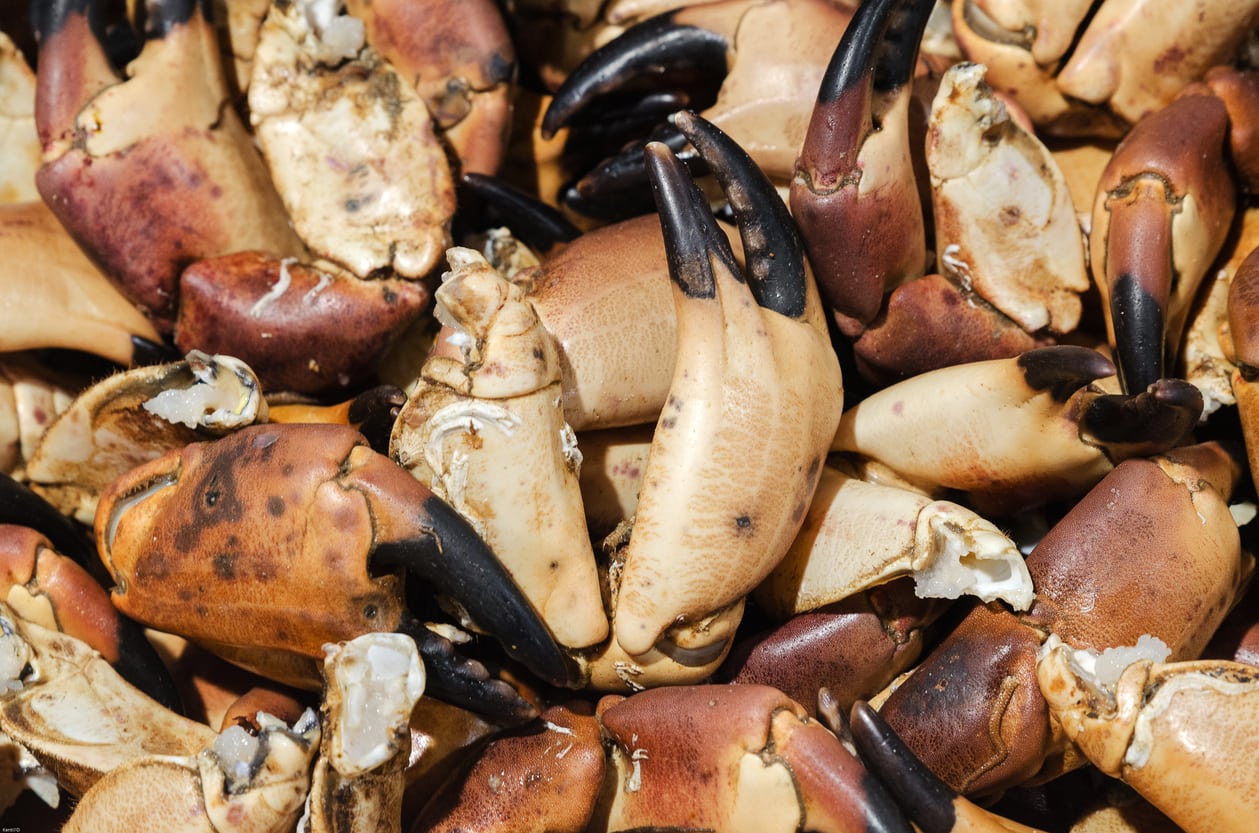
What Is Shellfish Fertilizer – Using Shellfish For Fertilizer Needs In The Garden
Those who live near the ocean have long known about the benefits of using shellfish for fertilizer. Fertilizing with shellfish is not only a sustainable method for utilizing the otherwise useless parts of crustaceans, but also imparts nutrients into the soil. Learn more here.
By Amy Grant
-
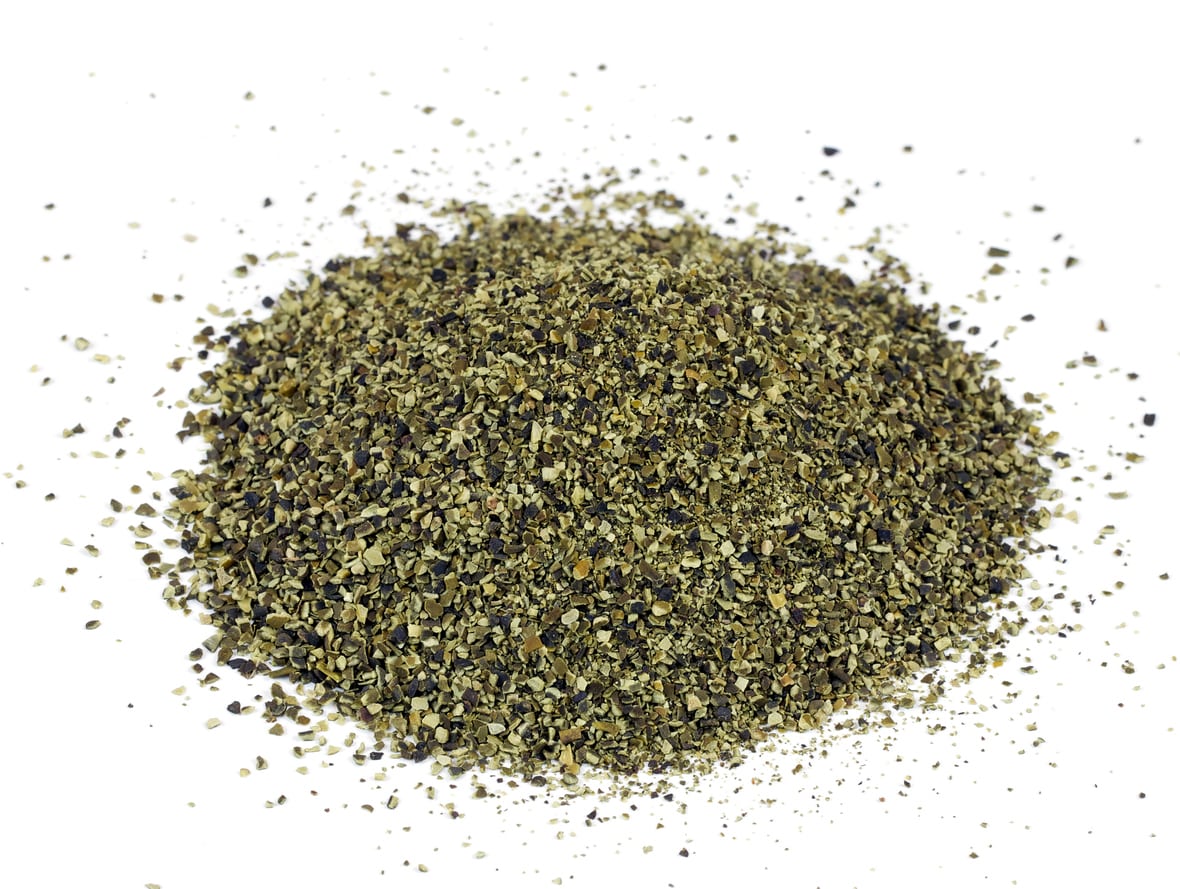
Seaweed Fertilizer Benefits: Fertilizing With Seaweed In The Garden
Those who came before us knew about seaweed fertilizer benefits and how easy it was to harness the nutrients and minerals in seaweed. Click the following article to find out what it might lack and to which plants seaweed is most suited.
By Bonnie L. Grant
